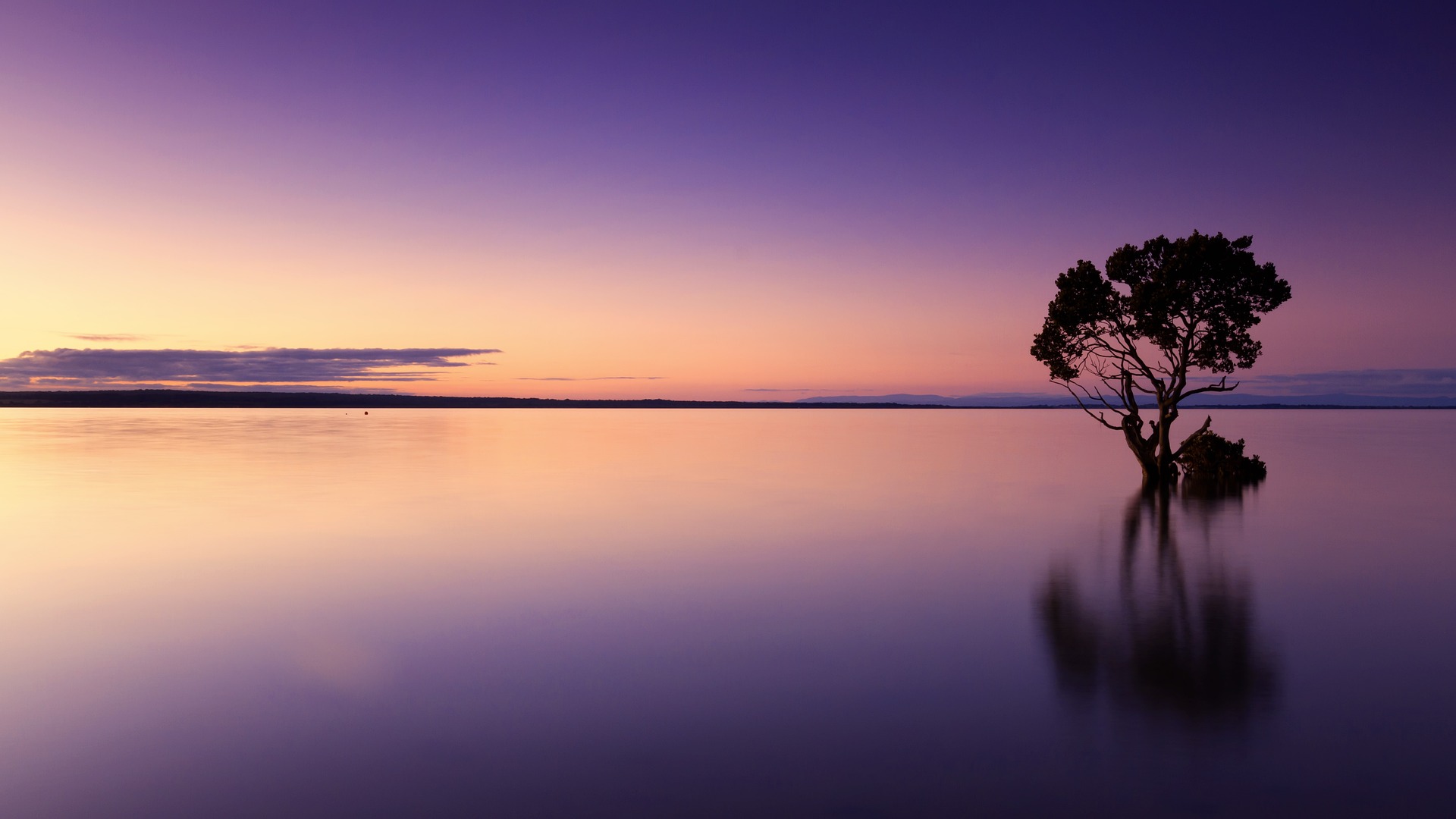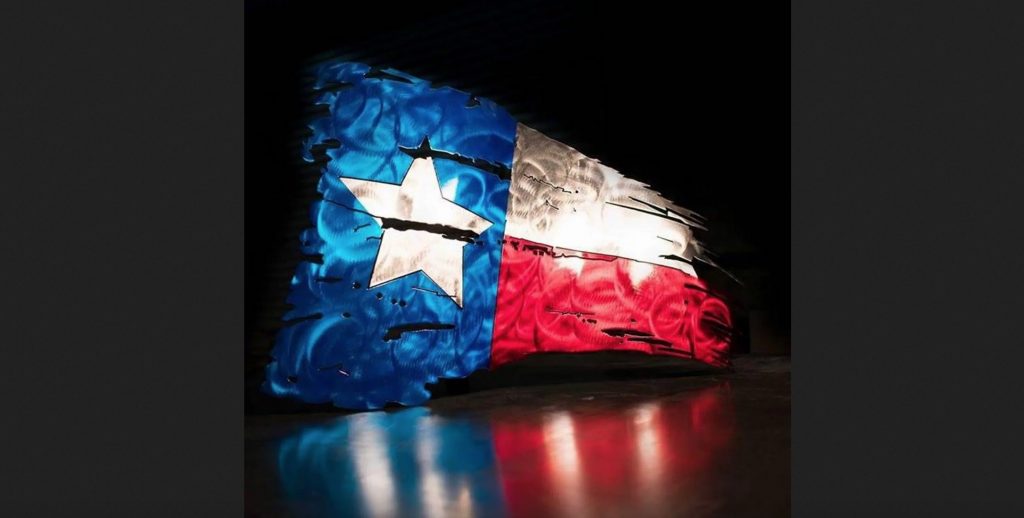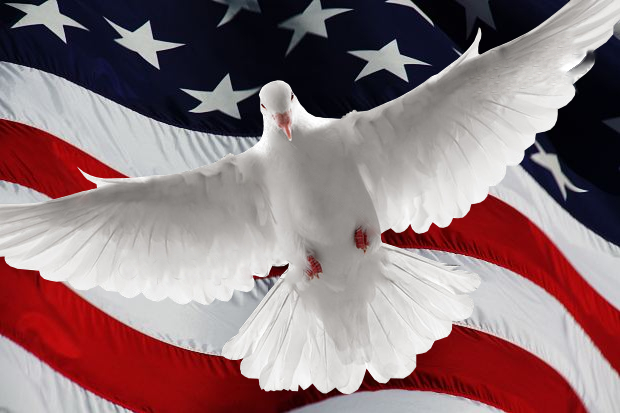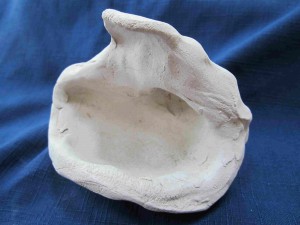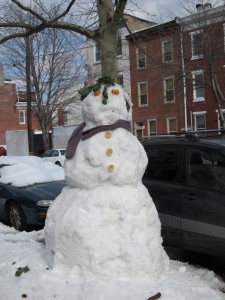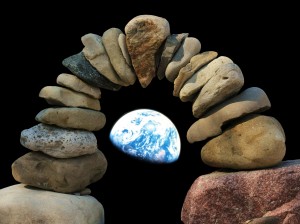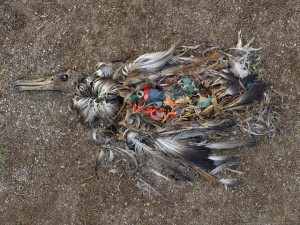An acquaintance and colleague of mine, Elliott Robertson, contributed the piece below, which I am pleased to share with you.
In delving more deeply into Elliott’s exploration of Ho’oponopono, I am finding it to be a powerful practice in healing my relationship with Mother Earth and my kindred species.
I encourage you to discover how this practice might bring healing to various relationships in your own life, inner and outer.
~Patricia
I’ve been turning to Ho’oponopono frequently over the summer. For me, this prayer from the Huna lineage is healing.
The practice was popularized 15 or 20 years ago. Unfortunately, many of us were introduced to the practice as a set of words. Some of us committed the words to memory and may have repeated the four sentences of the Ho’oponopono prayer by rote from time to time, and rote prayers are usually quite shallow. It wasn’t until I started designing exercises for workshops that I discovered the power and depth of this prayer. It invites us to dive into cleansing waters.Continue Reading
